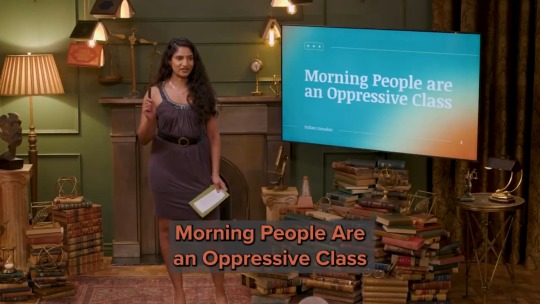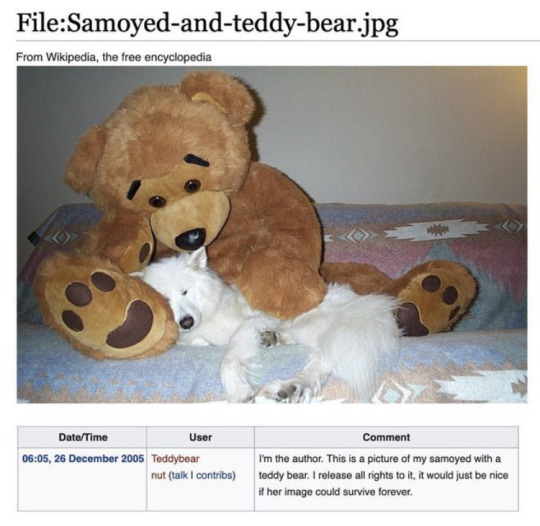Short autistic old(ish) biddy she/her/theyCats are the best
Don't wanna be here? Send us removal request.
Text
It appears to be a purple day

Today is purple 💜
2 notes
·
View notes
Text

Met up with my sister-in-law and lo, we both have new shoes
2 notes
·
View notes
Text
One thing that has made me a much more well-adjusted person is a clip I once saw of Hank Green saying that anyone can be in amazing shape as long as being in amazing shape is one of their top three priorities.
(This is obviously a generalization that isn't true for everyone. But it is true for most people and I'm proceeding from there.)
This "top three priorities" framing has genuinely reduced my tendency toward jealousy and self-comparison a lot. Now when I feel envious of someone’s spotless, aesthetic home, I think to myself, “Having a spotless, aesthetic home is probably one of their top three priorities. It’s definitely not one of mine, so I shouldn’t expect my home to look like that.”
Or when I see an influencer with a body that takes a ton of work to maintain: “Maintaining that body is obviously one of her top three priorities, because it’s her livelihood. My livelihood is my brain, so I’m never going to prioritize my body like that.”
It also helps me to identify areas that I actually DO want to prioritize more. I realized in recent years that my envy for my friends who prioritized writing more than I did was NOT going away, so I started to prioritize writing more. (Not top three, but higher priority than it has been in the past.)
54K notes
·
View notes
Text
You should be starting a recipe book. I don't give a shit if you're only 20-years-old. The modern web is rotting away bit by bit before our very eyes. You have no idea when that indie mom blog is going down or when Pinterest will remove that recipe. Copy it down in a notebook, physically or digitally. Save it somewhere only you can remove it. Trust me, looking for a recipe only to find out it's been wiped off the internet is so fucking sad. I've learned my lesson one too many times.
93K notes
·
View notes
Text
Do you ever write out a multi-paragraph rebuttal to something and then think "actually I do not want to get involved in this" and close it
62K notes
·
View notes
Text

My supervisor is looking stern.
5 notes
·
View notes
Text
they should make a pill that makes people in their 20s feel good about where their lives are going
195K notes
·
View notes
Text

I found my Moomin postcards ❤️❤️❤️
3 notes
·
View notes
Text


Shimmering light
marie_skoven
5K notes
·
View notes
Text
What if we gave universal healthcare to everyone who wanted it and everyone else who didn't can just keep getting scammed by these companies for some reason
13K notes
·
View notes
Text
my least favourite turn based strategy game is email
54K notes
·
View notes
Text
There’s a handy but rather expensive book called The Maudsley Deprescribing Guidelines that can help with this. Every GP surgery should really invest in a copy.
I just really wish people would go with "be careful if you want to quit or reduce a psych med that has helped you" or "quitting a psych med cold turkey is often dangerous" instead of the ever-present "NEVER EVER STOP TAKING YOUR PSYCH MEDS". Because reality is much more complex and varied than "taking psych meds = good and helpful" and "not taking psych meds = bad and dangerous". That's just not everyone's reality and it shouldn't be treated as a universal truth.
2K notes
·
View notes
Text


My set up for February in my journal. The candle is for my Grandma Joan, who would have been 108 on the 1st.
Stickers and art by (in no particular order), @petite-gloom Sterling Ink, Flying Tiger and Bartista on Etsy
6 notes
·
View notes
Text
Love the argument "oh but if you transition you'll have to deal with being trans your whole life" because first of all there is nothing bad about being trans and second I'm still gonna be trans even if I don't medically transition I'll just be trans and miserable instead of trans and happy
63K notes
·
View notes
Text



This week in Filofax.
3 notes
·
View notes
Text

Ok wait let her speak
93K notes
·
View notes
